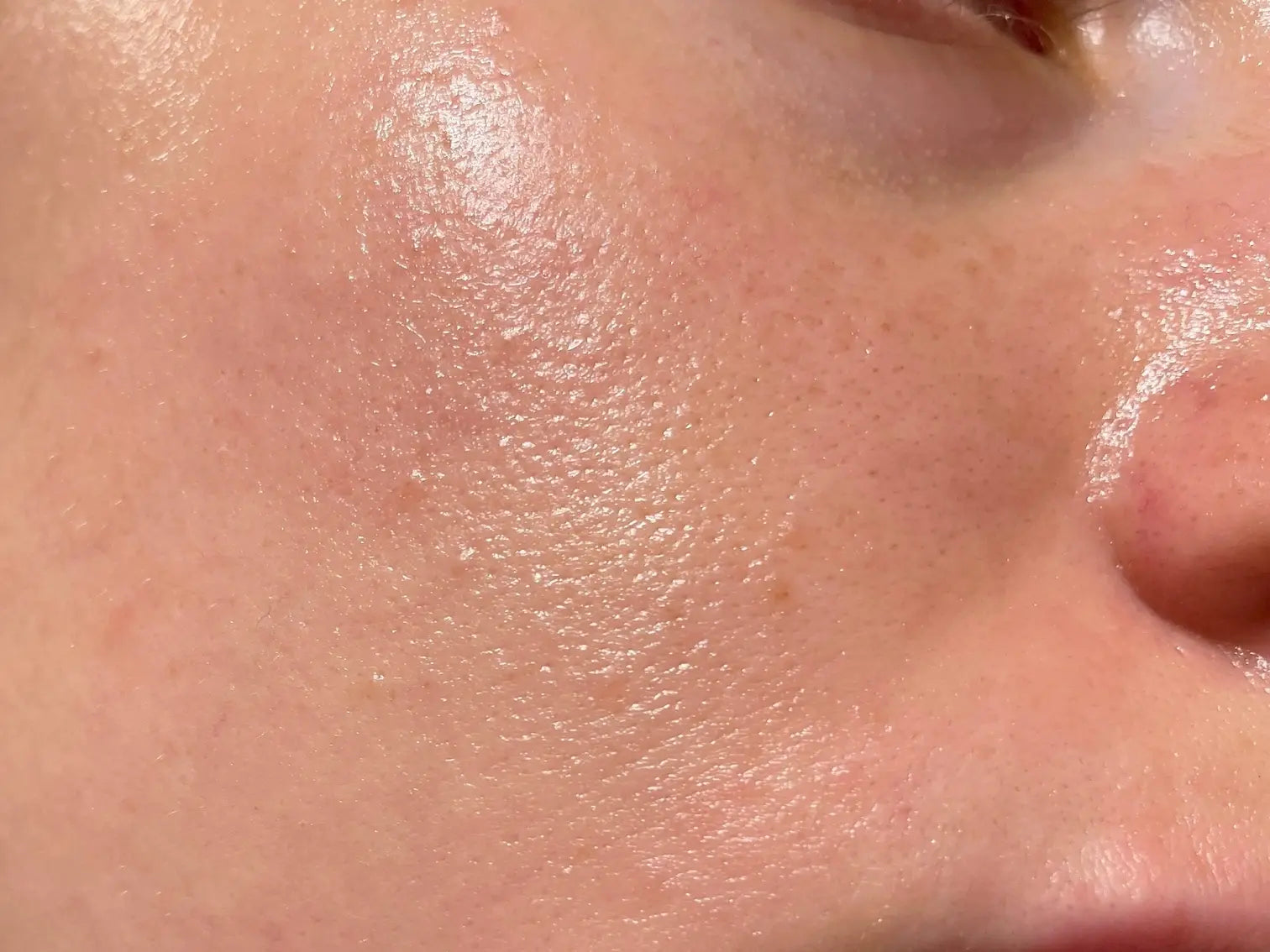Understanding the Role of Paraffin in Skincare
Is Paraffin Bad for Skin?
While paraffin has some benefits in skincare and cosmetics, there are also valid concerns about its safety and efficacy. The main issue revolves around the possibility of carcinogenic impurities such as polycyclic aromatic hydrocarbons (PAHs) .2 However, regulatory institutions like the FDA have measures in place to ensure the refinement process minimizes harmful impurities.
What do Paraffins Do?
A more serious risk is the high flammability of petroleum derivative paraffin-based emollients. Even a cosmetic product with lower concentrations can cause severe, potentially fatal burns if exposed to an open flame or spark. Extreme caution is advised - avoid smoking and wash any exposed clothing or fabrics at high heat to reduce paraffin buildup.3

Paraffin-Free Alternatives
- Paraffins, including mineral oil, petrolatum, and petroleum jelly, are commonly found in skincare products for their moisturizing and protective properties
- Despite their benefits, paraffins have sparked controversy due to concerns about potential adverse effects on skin health, including clogged pores, acne exacerbation, and skin irritation
- Regulatory measures are in place to ensure the safety and purity of paraffins used in skincare products, with the FDA overseeing the refinement process to minimize carcinogenic impurities
- Paraffins can create a greasy film on the skin, trapping dirt, bacteria, and pollutants, potentially leading to clogged pores and breakouts
- In addition to skin health concerns, there are significant environmental impacts associated with paraffins, including habitat destruction, soil and water contamination, and greenhouse gas emissions
- OneSkin is leading the shift towards paraffin-free skin care product solutions, offering products free from paraffins and other potentially harmful ingredients, tested for safety and efficacy by SkinSAFE



